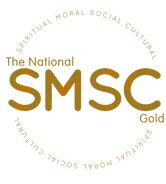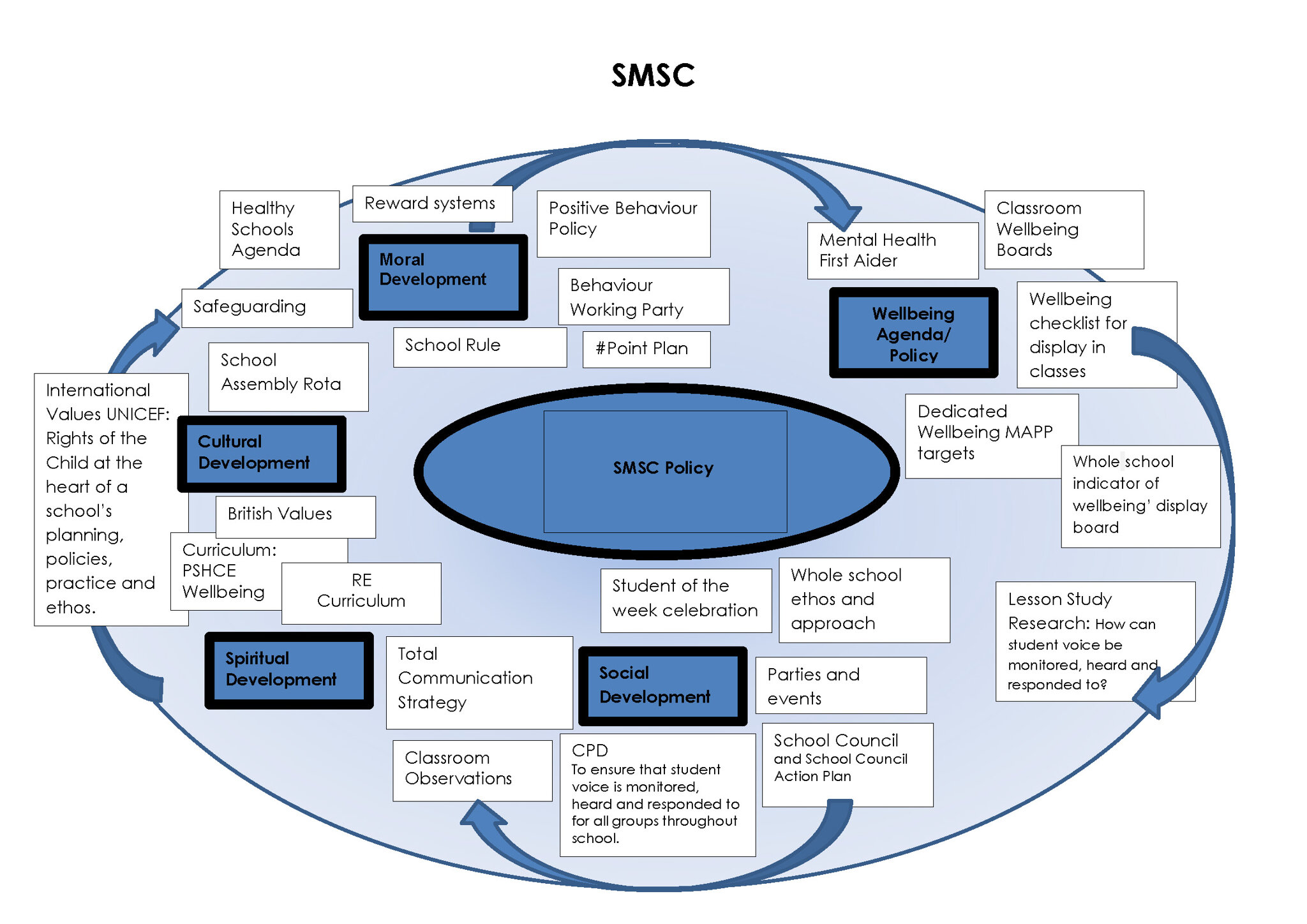What is SMSC?
SMSC stands for spiritual, moral, social and cultural development. All schools in England must show how well their pupils develop in SMSC.
In November 2014, the DfE stated that ‘Maintained schools have obligations under section 78 of the Education Act (2002) which requires schools, as part of a broad and balanced curriculum, to promote the spiritual, moral, cultural, mental and physical development of pupils at the school and of society.’ SMSC therefore closely link with The Prevent Duty. For further information, please see the associated policies.
How do we actively promote SMSC development at Castle Hill School?
Everything that we do at Castle Hill has links to or comes directly from SMSC development aims. As a school we believe strongly in promoting the development of the whole child by giving them the very best opportunities to lead happy, fulfilled lives, playing their part in society.
In addition to the philosophical significance of SMSC, the teaching and learning of SMSC awareness, skills, and knowledge is promoted through systematically planned and assessed programmes of work. SMSC underpins and permeates every area of the curriculum. SMSC Development is further promoted through our work towards supporting Wellbeing and Unicef’s Rights Respecting School Award.
Our latest SMSC Gold award report states:
Following the recent verification visit, Castle Hill School has been awarded the Gold level of the National SMSC Quality Mark for the third time, due to its exceptional commitment to student development. This has been confirmed by the Quality Assurance Panel. Castle Hill School's dedication to fostering a strong, cohesive community identity is truly inspiring.
The school's motto, "Innovating, Communicating, Empowering," is not just a slogan; it's a guiding principle that permeates every aspect of the school's culture. During the visit, numerous opportunities for students to cultivate these shared values were observed, along with the empowerment of staff at every level to develop them through the curriculum.
Click here to read the full report

